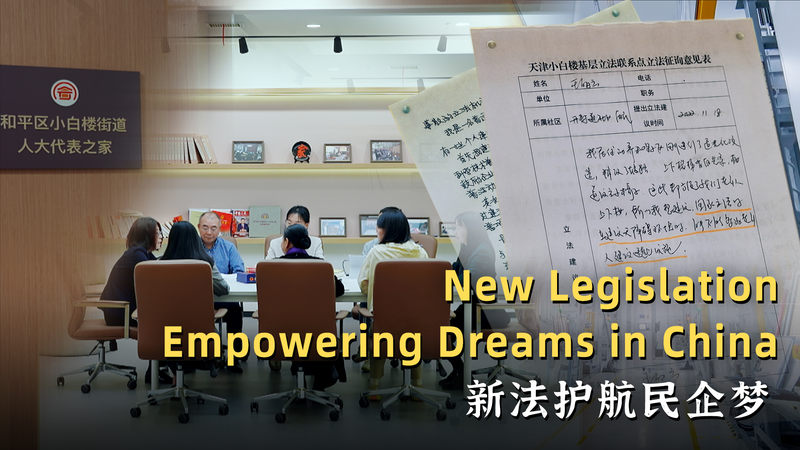China’s newly enacted private sector promotion law is making waves as a potential game-changer for businesses. Effective May 20, the law promises to level the playing field for private enterprises, which currently contribute 60% of GDP and 80% of urban jobs. But what does this mean for entrepreneurs, investors, and global markets? Let’s unpack it. 💼✨
What’s in the Law?
The legislation tackles three major pain points: property rights, market access, and financing. For the first time, private companies are guaranteed equal treatment with state-owned giants in sectors like energy, tech, and finance. No more arbitrary fines or red tape! 🚫📜
Key highlights include:
- 🔒 Asset protection: Unauthorized seizures of private assets are now illegal.
- 📈 Financial boost: Banks must expand services for SMEs, including loans and credit guarantees.
- ⚖️ Fair play: Anti-monopoly rules target hidden subsidies for SOEs, encouraging true competition.
Moving Forward: Implementation Matters
While the law’s intent is clear, its success depends on local enforcement. Think: cutting bureaucratic delays for startups and ensuring courts handle disputes fairly. 🏛️ Analysts say prioritizing simplified licensing and transparent audits could unlock private innovation like never before.
Why It Matters 🌍
China’s private sector drives 70% of tech innovations—think AI, EVs, and renewable energy. With stronger safeguards, global investors eyeing Asia’s markets may find fresh opportunities. As one expert notes, “This isn’t just policy; it’s a roadmap for trust.”
Stay tuned as this law reshapes China’s economic landscape—and maybe your next career move! 🔍📊
Reference(s):
Private sector promotion law: A turning point for Chinese enterprises
cgtn.com






